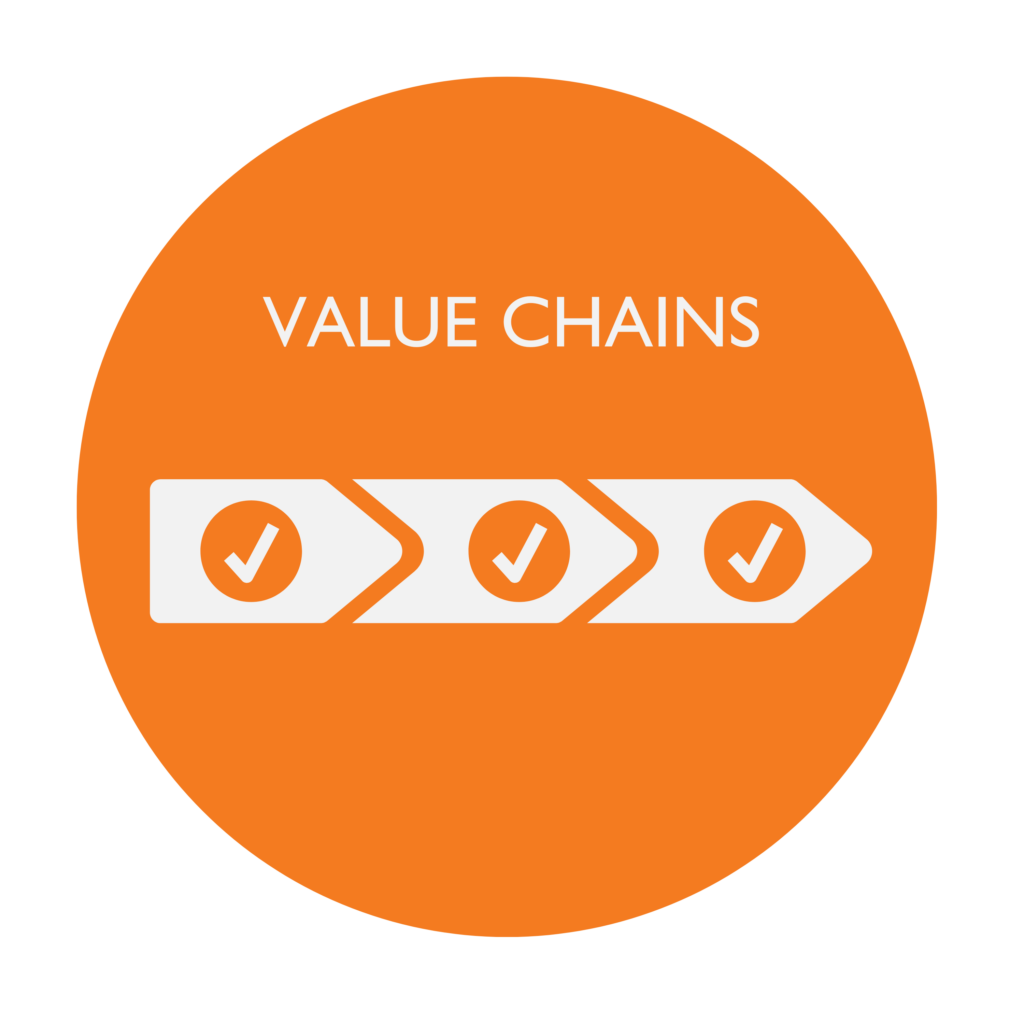Net-Zero Industry Act
Background
In March 2023, the European Commission published the long-awaited Net-Zero Industry Act (NZIA) as part of the Green Deal Industrial Plan. Regarded as the European response to the US Inflation Reduction Act, Cefic regrets that the current form of the Net-Zero Industry Act does not enhance the competitiveness of European industries.
“The proposal for the Net Zero Industry Act reads more like a Zero Industry Act. It is very unlikely to become a game changer for the EU industry’s competitiveness as it does not look at the problem from the business’s and investor’s perspective.”
Marco Mensink, Cefic Director General
Currently, the Net-Zero Industry Act envisages increased domestic manufacturing through easier access to state aid, to permitting, to ‘regulatory sandboxes’ etc. but solely focuses on the manufacturing of only a handful of selected energy technologies. The proposal disregards the whole value chain for all these clean energy technologies. Notably, chemicals are integral to Europe’s major value chains, encompassing wind turbines, solar panels, electronics, construction materials, automotive, and more. However, the NZIA fails to recognize or support the pivotal role of the chemical sector in the manufacturing of these strategic technologies.
Additionally, the NZIA overlooks the contribution of the chemical sector to the transition to a climate-neutral economy, the decarbonisation of energy-intensive sectors, and the crucial role of circularity in the path towards 2050.
In the global race forinvestments , the Net-Zero Industry Act does not provide the much-needed support and incentives required for European industries to compete effectively with other countries. Europe needs a comprehensive framework to level the global playing field and enable its industries to overcome obstacles and compete fairly on the global stage.
To support the competitiveness of Europe, Cefic has identified the following recommendations to lower the obstacles and level the global playing field
Consider full value chain

An in-depth understanding of industrial value chains is a key element of an effective industrial policy. Cefic calls on the Commission to carry out a study of globally integrated value chains and prepare an impact assessment, analysing further options in support of a competitive industrial transformation.
Furthermore, to improve Europe’s competitiveness and support its strategic autonomy, short value chains should be promoted. This would help:
- anchor strategic value chains in Europe
- decrease dependencies
- Incentivise green or low-carbon investments in Europe along the entire value chain.
Incentivise production in Europe

To keep operations competitive, possibly increase EU’s installations’ capacity utilisations, attract new investment and make the transition work, all manufacturing sectors should benefit from:
- rapid improvement of permitting rules
- investment conditions
- innovation support
Promote technology neutrality and expand the scope of NZIA

The NZIA list of ‘(strategic) net zero technologies’ should hold a technology neutral approach. This also means including technologies that can help the transition to a circular economy, such as advanced process technologies for the production and recycling of products.
Finally, Carbon Capture and Utilisation (CCU) should also be recognised as strategic and its contribution should be recognised in the EU ETS framework.
Support net-zero technology integration project

Integrating net-zero technologies in industrial facilities often requires changes to installations, which imply substantial investments and permitting efforts. Net-zero technology integration projects should be granted similar benefits as net-zero technology manufacturing projects.
Support OPEX, not just CAPEX

Rolling-out support also for operating cost (OPEX) would help address the structurally high energy and feedstock costs in Europe and create a long-term business incentive. Europe should take inspiration from the US IRA in designing efficient funding schemes for both CAPEX and OPEX support, avoiding distortions of the EU Single Market.
Europe needs a sectoral and holistic view on industrial transformation

To concrete create the conditions for a competitive environment, we recommend:
- Alignment between the NZIA and the Transition Pathway for the Eu Chemical Industry;
- Acknowledgement that energy efficiency, electrification of processes, replacement of feedstock and circularity are key for the transition;
- Extend key elements of the NZIA (e.g. faster permitting, regulatory sandboxes, financial support) to other policies and to other strategic sectors;
- Avoid unintended backlogs along the value chains.
Supporting Documents